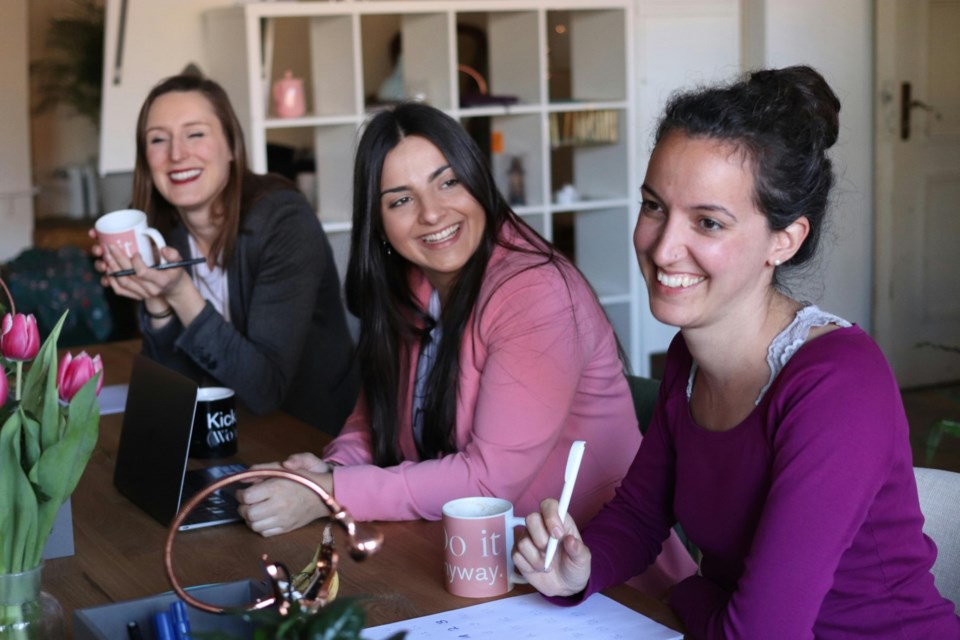Mindfulness is a hot trend in organizational effectiveness, with employee programs in innovators like Google and stalwarts like General Mills.
The demonstrated benefits of mindfulness practices, such as meditation, are mounting. As good and important as mindfulness is (I am both a practitioner and an advocate), it is essentially an internal and self-focused activity.
Work, on the other hand, is a team sport. For this reason, I am introducing you to kindness, the natural external complement to mindfulness in the workplace.
Why is kindness important at work?
Most of us spend the better part of our waking lives at work, locked with colleagues in the pursuit of common goals. We know what happens at work significantly affects how we feel. If we feel respected and appreciated, we glow. If we feel marginalized and unappreciated, a dark cloud can settle.
We can often trace feelings of marginalization back to experiences with a boss or co-worker who treated us unkindly. Examples of such unkindness include being overlooked, excluded from decision-making, having our opinions disregarded, facing unfair criticism, or having work taken away. These actions wound us and cause us to withdraw emotionally and physically.
We are all fragile creatures by nature, and I do not believe any of us intentionally wants to wound another. By being kind, we give those around us hope and inspiration. We give the gift we wish others would give us – respect, appreciation, acceptance, and friendship. Reflecting on and anticipating the impact of our words and actions can cause us to pause and apply kindness more often.
So why is it hard to be kind at work?
For some reason, work seems to bring out the worst in us. It is competitive: we are competing for opportunities and scarce resources. It is political: we are jockeying for position. It is tedious: we are endlessly explaining and re-explaining, doing and re-doing. It is a lot of pressure: we are striving to live up to expectations and fulfill our potential. These factors, combined, escalate our stress and strain our personal resources. As a result, we do not always bring our best selves to work. And so, instead of lifting each other up, we end up beating each other down.
In the same way that the benefits of mindfulness are only realized through regular, committed practice, the rewards of kindness are also only realized through intentional and regular practice. Here are five ways you can practice kindness at work:
- Talk to everyone as if they were your customer. Customers get special treatment. How you deal with a customer is a practical lesson in being kind to your colleagues. Before you engage in a conversation or an action, ask yourself how you would respond if that person were your customer.
- Assume positive intent. As easy as it is to assume others are malicious or incompetent, resist the urge to jump to that conclusion. Instead, operate with the mindset that everyone is striving to do their best. This will shift how you see a colleague and how you respond to a situation.
- Follow through. In other words, do what you said you were going to do. When you commit, others are depending upon you to deliver. When you don’t, you put others at risk of failing to deliver on their promises. So before you say ‘yes,’ be kind to others and ask yourself whether you can be counted on to follow through.
- Clean up your own mess. When you make a mistake, own it. Finding someone else to blame is committing an act of unkindness. As tempting as it is to shrug off responsibility, when you stand up and say, ‘It was my fault, and I’m going to fix it,’ you are being kind to everyone around you. You lead by example, and others will respect you for it.
- Clean up other people’s mess. Being of service to others is the ultimate act of kindness. While mouthing ‘I told you so’ may give you a moment’s satisfaction, helping someone out of a jam will stay with you forever.
Kindness is an act of self-regulation, an opportunity to put your mindfulness practice to work, at work.
Rebecca Schalm, PhD, is founder and CEO of Strategic Talent Advisors Inc., a consultancy that provides organizations with advice and talent management solutions.
©




